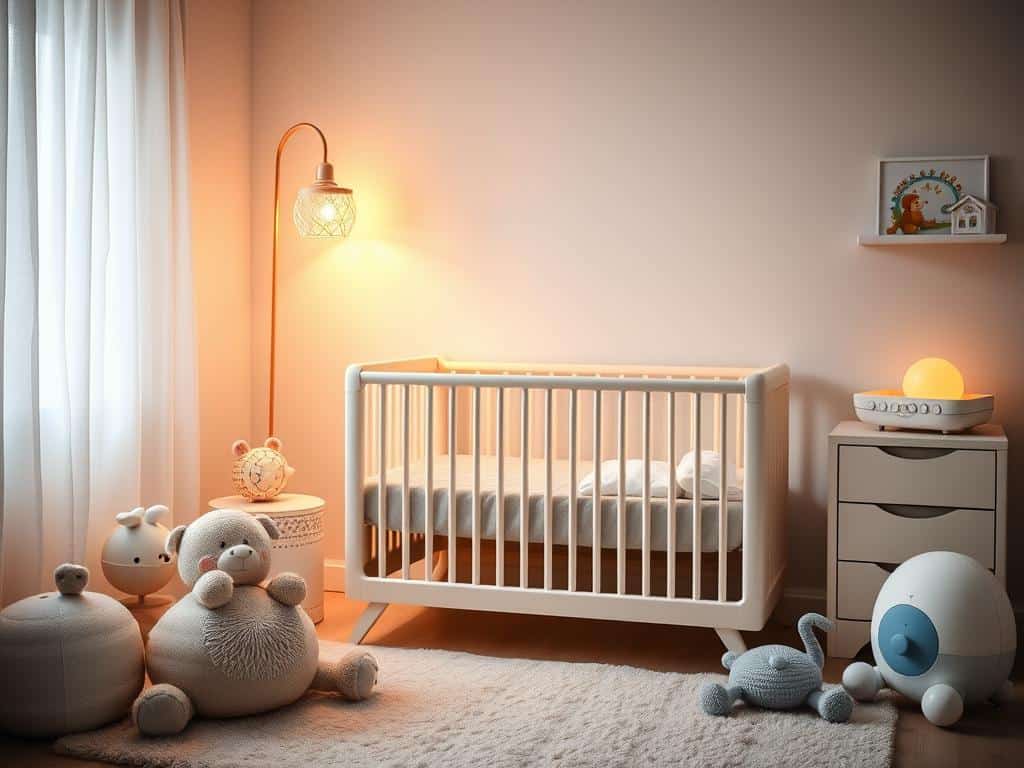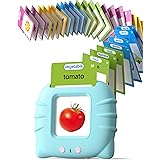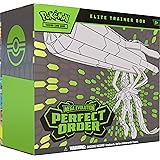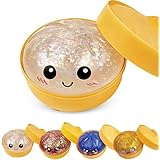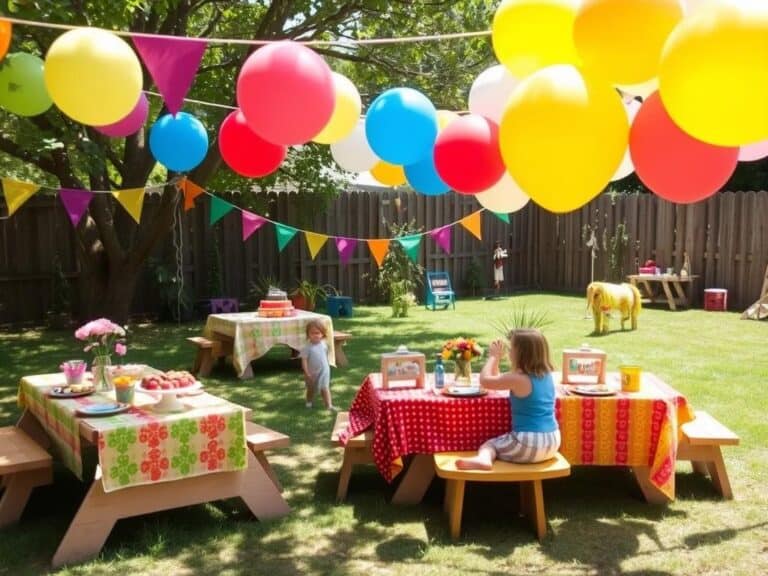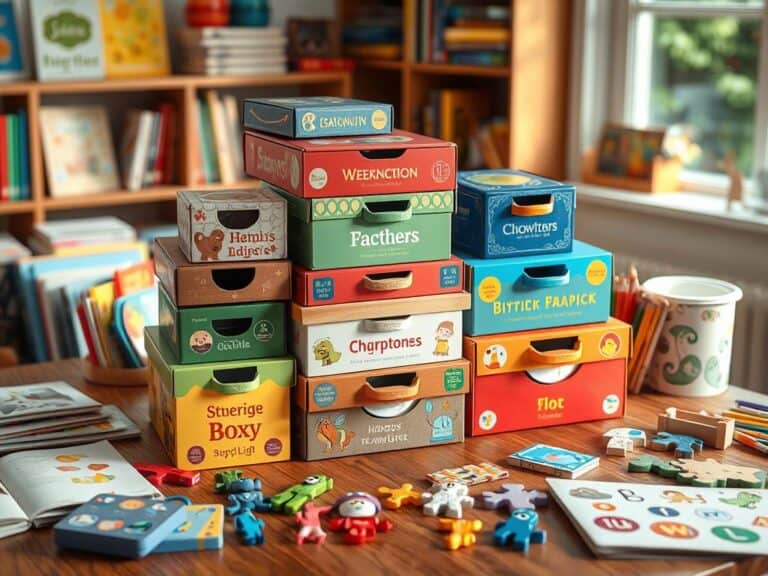7 Newborn Sleep Secrets Every Exhausted Parent Must Try
Airbition Talking Flash Cards for Toddlers 1 2 3 4 Year Olds, Montessori Language Learning with 224 Words, Pocket Speech Therapy Tools, and Speech Development Educational Playthings for Children
$9.99 (as of March 5, 2026 04:26 GMT +00:00 - More infoProduct prices and availability are accurate as of the date/time indicated and are subject to change. Any price and availability information displayed on [relevant Amazon Site(s), as applicable] at the time of purchase will apply to the purchase of this product.)Pokémon TCG: Mega Evolution—Perfect Order Elite Trainer Box
$129.96 (as of March 5, 2026 04:26 GMT +00:00 - More infoProduct prices and availability are accurate as of the date/time indicated and are subject to change. Any price and availability information displayed on [relevant Amazon Site(s), as applicable] at the time of purchase will apply to the purchase of this product.)2026 New Glitter Dumpling Squishy - Squishy Dumpling Toy Glitter for Stress Relief, Dumplings Toy for Everyone (White)
$8.96 (as of March 5, 2026 04:26 GMT +00:00 - More infoProduct prices and availability are accurate as of the date/time indicated and are subject to change. Any price and availability information displayed on [relevant Amazon Site(s), as applicable] at the time of purchase will apply to the purchase of this product.)This post may contain affiliate links which means I may receive a commission for purchases made through links at no extra cost to you. I only recommend products I truly believe in. Thank you for your support!
Being a new parent is tough, with endless feedings and diaper changes. It’s no wonder we’re all so tired. But, there’s hope. I’ve found 7 secrets to help you and your baby sleep better.
Key Takeaways
- Newborns need 14-17 hours of sleep in a day because they grow fast.
- Setting wake windows, shortening naps, and feeding every 2-3 hours helps sleep.
- The First Five Months Bundle offers steps to better sleep for newborns.
- A bedtime routine and a cozy sleep space help babies sleep better.
- Swaddling, white noise, and pacifiers comfort fussy newborns and aid sleep.
Understanding Your Newborn’s Sleep Patterns
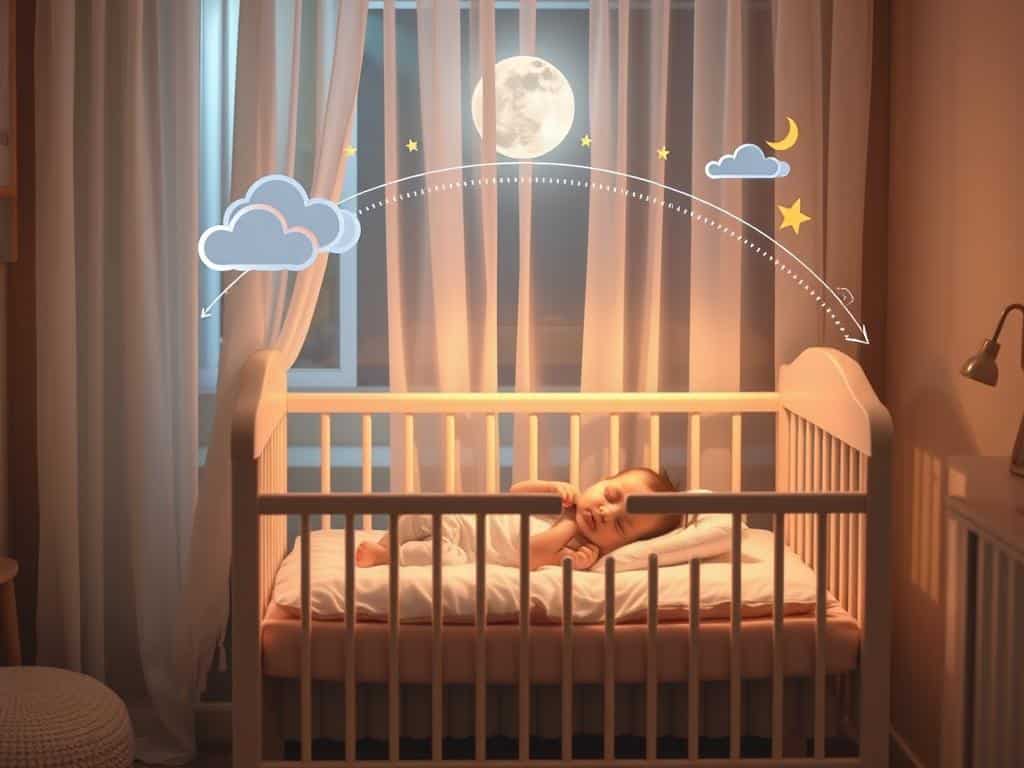
Being a new parent can be tricky. Figuring out your newborn’s sleep patterns is like a dance. Learning about their sleep can really help.
The Science Behind Newborn Sleep
Newborns sleep a lot, up to 17 hours a day. They wake up for only 30 minutes to an hour. They need to eat every 2 to 4 hours, even at night.
Babies spend half their sleep in REM mode, which helps them grow. Their breathing slows down when they sleep, from 40 to 60 breaths per minute to 30 to 40.
Sleep Cycles: What to Expect
Newborns sleep 14 to 17 hours a day. They sleep 8 to 9 hours at night and wake up every 2 to 3 hours. They nap 7 to 9 hours during the day, with 3 to 5 naps.
As they grow, their sleep changes. Babies 4 to 11 months need 12 to 15 hours of sleep. They sleep 8 to 10 hours at night and 4 to 5 hours during the day.
Common Sleep Challenges
Newborns might not want to sleep because they’re tired, too excited, or uncomfortable. Signs they’re sleepy include yawning, rubbing their eyes, and staring. If they’re overtired, they might cry a lot or arch their back.
Creating a bedtime routine and a cozy sleep space can help. Every baby is different, so getting help from doctors or sleep coaches is a good idea.
Creating a Sleep-Friendly Environment
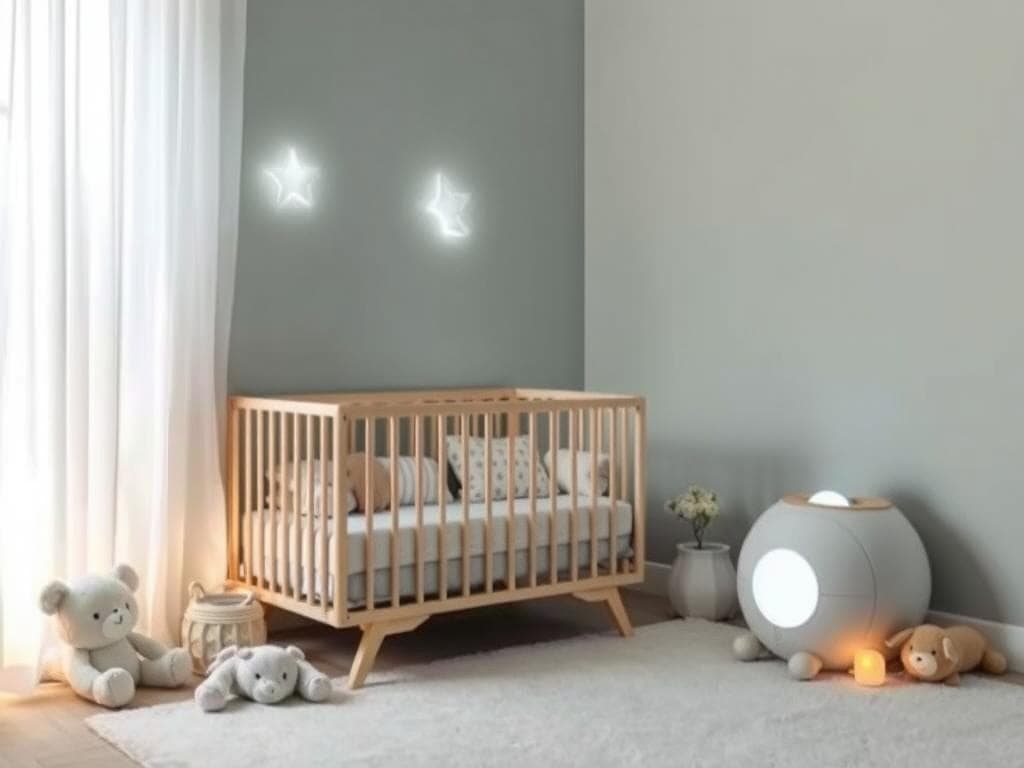
Creating a cozy sleep area is key for your newborn. Focus on temperature, lighting, and noise. This helps make the perfect spot for your baby to sleep well.
Ideal Room Temperature for Baby
The best room temperature for a sleeping baby is 68°F to 72°F (20°C to 22°C). This keeps your baby comfortable and safe. It prevents them from getting too hot or cold while they sleep.
Sound Machines: Do They Help?
White noise machines can really help your newborn sleep better. They make a constant sound that blocks out other noises. Just make sure the sound isn’t too loud.
The Best Lighting for Sleep
Dim, warm lights are best for your baby’s sleep area. Use blackout curtains or shades to keep out bright light. A small, soft nightlight is okay too. Avoid harsh lights before bed to help your baby relax.
“Establishing a conducive sleep environment at home helps babies create positive sleep associations and learn good sleep hygiene.”
By carefully choosing the temperature, sound, and lighting in your baby’s sleep area, you can make a calm, sleep-friendly space. This supports your baby’s natural sleep patterns and helps them sleep better.
Establishing a Consistent Bedtime Routine
As a new parent, setting up a bedtime routine for your baby is key. Newborns need 8-18 hours of sleep each day. A routine helps them know when it’s time to sleep.
The Power of Predictability
Babies love knowing what’s coming next. A bedtime routine gives them the comfort they need to sleep. Doing the same things every night, like a warm bath and a story, tells their brain it’s time to sleep.
Bath Time Rituals
A warm bath is a big part of bedtime for babies. It relaxes them and tells them it’s almost time to sleep. After the bath, a gentle massage with lotion helps them relax even more.
Reading as a Soothing Transition
Reading a bedtime story is a great way to calm your baby down. Your voice and the rocking motion can make them sleepy. Choose books with soft words and avoid screens before bed.
Being consistent is important for a bedtime routine for babies. A predictable routine helps your baby know when it’s time to sleep. This makes bedtime easier and helps them sleep better.
Soothing Techniques for Fussy Babies
Newborns are a joy, but caring for them can be tiring. When my baby was fussy, I tried many things to calm them. A few techniques really helped calm my baby and gave us both rest.
Swaddling: Pros and Cons
Swaddling is a classic method for soothing newborns. It makes them feel safe and cozy, like in the womb. But, it’s important to swaddle right to keep your baby safe and comfy.
White Noise: The Magic of Familiar Sounds
A white noise machine can change your baby’s sleep. It makes soft sounds that block out other noises. Just make sure the sound isn’t too loud.
Swinging and Pacifying
Rocking, swaying, and using a pacifier can soothe a fussy baby. These actions calm them down. Try different things to see what works best for your baby. And don’t be shy to ask for help.
Every baby is different, so you might need to try a few things to find what works. With patience and effort, your newborn will sleep well soon.
“The key to soothing a fussy baby is to recreate the womb-like environment they’re accustomed to. Swaddling, white noise, and rhythmic motion can work wonders in calming a restless newborn.”
Importance of Daytime Naps
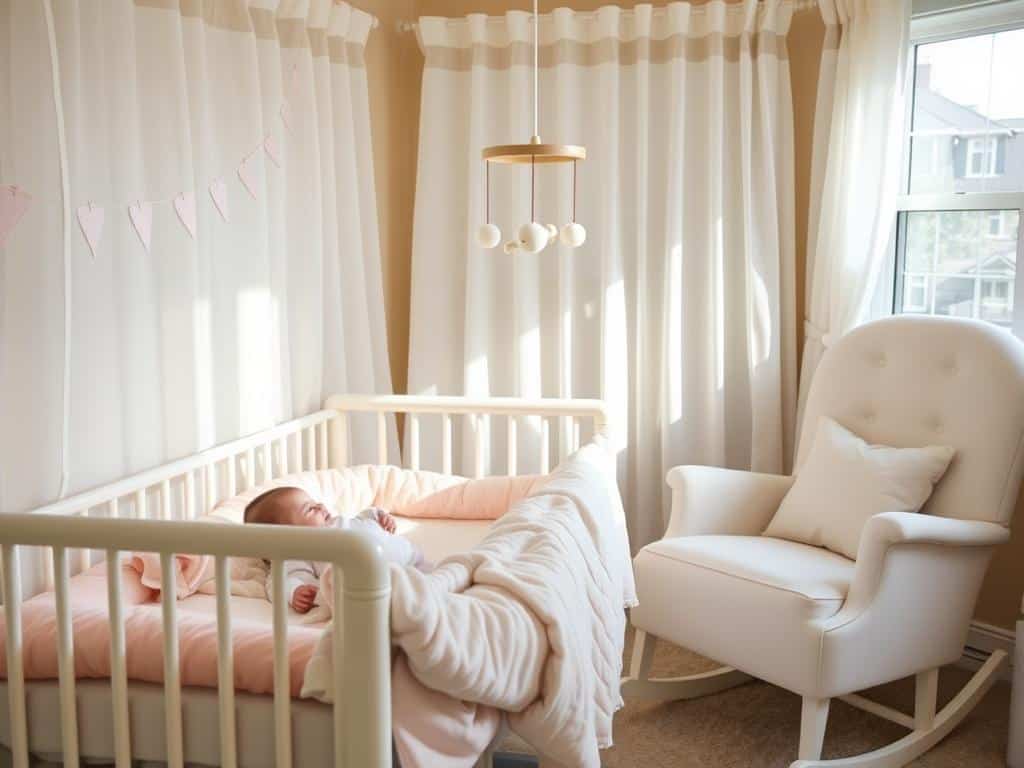
It’s key to have a regular nap schedule for your newborn. Daytime naps can really help your baby sleep better at night. Knowing when your baby is tired helps you plan naps for better sleep.
How Naps Affect Nighttime Sleep
A baby who naps well during the day sleeps better at night. This means you get more sleep too. Naps help keep a baby’s sleep cycle regular and prevent them from getting too tired.
Recognizing Tired Signs
Newborns sleep a lot, and by four months, they can only stay awake for two hours. Watch for signs like yawning or rubbing their eyes. This helps you know when it’s nap time.
Scheduling Naps Strategically
Having a regular nap routine is important for your baby’s sleep. Newborns sleep a lot, waking up to eat. They nap in short cycles, getting more sleep as they grow.
Be flexible, as babies change a lot in the first six months. They might not nap well in cribs. Adjust their nap spots and times to help them rest.
“Good sleep in babies leads to increased alertness and contentment, with reduced crying and fussiness.”
Feeding and Sleep Connections

As parents, we learn fast that feeding and sleep in newborns are closely tied. Knowing this helps us create good sleep habits for our babies. Let’s look at how feeding affects their sleep and find ways to improve their sleep-wake cycles.
The Effect of Feeding Before Sleep
When you time your baby’s feedings right, it can really improve their sleep. Feed them every 2-3 hours during the day, based on their hunger signs. Evening cluster feeding is also normal and good for their growth.
Night Feeding Strategies
Newborns naturally wake up at night for feedings. But, we can make this better. Most doctors say babies can sleep longer if they’re growing well. Try to feed them at the same times every night and use calming routines to help them sleep.
Understanding Hunger Cues
It’s important to know when your baby is hungry. This helps them eat well and sleep better. Feedings can take 30-40 minutes early on. Feed them before they get really upset.
Every baby is different, so finding the right newborn feeding schedule and baby sleep hacks takes time. But with patience and creativity, you can balance feeding and sleep well. This will help your newborn sleep well and be happy.
“Consistency is key when it comes to establishing a healthy sleep routine for your newborn. Stick to a predictable feeding and bedtime schedule, and you’ll soon see the benefits in your baby’s sleep quality.” – Marisa Rodriguez, Pediatric Sleep Consultant
Parental Sleep Tips

Being sleep-deprived parents can feel overwhelming. But, there are ways to get more rest. By taking care of yourselves and sharing night duties, you can handle this tough time better.
Napping When Your Baby Naps
Infants start making melatonin at 2.5 to 3 months. Their sleep is unpredictable. Use their naps to rest too. A 20-minute nap can boost your energy and mood.
Sharing Nighttime Responsibilities
Work with your partner to get some sleep. Take turns for early evening and early morning duties. Even if you’re breastfeeding, your partner can do diaper changes and soothing after feeding. This lets one of you rest while the other cares for the baby.
Practicing Self-Care
It’s easy to forget about your own needs as new parents. But, self-care is crucial. Enjoy a bath, read a book, or get some fresh air together. Taking care of yourself helps you be a better parent.
“Sleep when the baby sleeps” is a common piece of advice, and for good reason. Resting when your little one is sleeping can make a world of difference in your energy levels and overall well-being.
The early months of parenting are tough. But, with the right strategies, you can make it through. Nap when your baby naps, share night duties, and take care of yourself. This way, you and your partner can be your best as parents.
Sleep Training Methods: An Overview
Being a new parent can be tough, with so many sleep training options. You might feel lost between gradual and no-tears methods. The truth is, there’s no single best way. What matters most is finding a method that fits your family’s needs.
Gradual vs. No Tears Methods
Gradual methods, like the Ferber method, slowly increase the time your baby cries before you check on them. It takes patience and consistency. On the other hand, no-tears methods, like the Pantley pull-off, aim to soothe your baby to sleep without crying.
Choosing What Suits Your Family
When picking a sleep training method, think about your baby’s personality and your parenting style. Some parents like a structured approach, while others prefer gentler methods. Choose wisely and be ready to adjust as needed.
Signs Your Baby is Ready
Timing is everything in parenting. Look for signs your baby is ready for sleep training. These include staying awake longer, showing tired cues, and waking up at the same time every day. Starting too early can cause more sleep issues and frustration.
Remember, sleep patterns change over time. What works for one age might not work for another. Be patient, stay consistent, and trust your parenting instincts. With the right sleep training newborns approach and effort, your baby can develop good baby sleep hacks for the whole family.
Using Technology Wisely
As parents, we often use technology to calm our babies. But, it’s key to use it wisely for newborn sleep. Let’s look at the good and bad sides of sleep tech and how it affects your baby’s sleep.
Sleep Tracking Apps: Are They Worth It?
Sleep apps can help you understand your baby’s sleep patterns. They show you when your baby sleeps well and when they don’t. But, don’t rely too much on them. Every baby is different, and what works for one might not work for another. Use the app’s data as a guide, but trust your own feelings about your baby’s sleep.
Baby Monitors: What to Look For
Baby monitors give you peace of mind. They let you check on your baby without waking them. Look for monitors with white noise, night lights, and motion sensors. But, avoid ones with too many alerts that can wake your baby.
Smart Cribs: Innovations in Sleep
Smart cribs are the latest in baby tech. They have features like rocking, white noise, and temperature control. While they’re tempting, remember they’re not a replacement for good sleep habits. Create a comfy, consistent sleep space and let the tech help, not replace, it.
Using technology for newborn sleep is all about finding a balance. Use tools that really help, but don’t rely on them too much. The most important thing is to make a safe, calm place for your baby to sleep. With some trial and error, you’ll find the right mix of tech and techniques for your baby’s sleep.
When to Seek Professional Help
As a parent, knowing when to get help for your baby’s sleep is key. Every baby is different. But some signs might mean your baby needs a doctor’s help.
Signs of Sleep Disorders in Newborns
If your baby has trouble sleeping, wakes up a lot, or stops breathing for a bit, see a doctor. These could mean a sleep problem that needs expert care.
Consulting a Pediatrician
Talking to your pediatrician about your baby’s sleep can be very helpful. They can check for health issues that might be causing sleep problems. They’ll also give you tips to help your baby sleep better.
Trusting Your Instincts as a Parent
You know your baby best. If you feel something’s not right or you’re worried about their sleep, get help. Even if it’s another doctor’s visit. Listening to your gut and looking out for your baby’s health is crucial.
